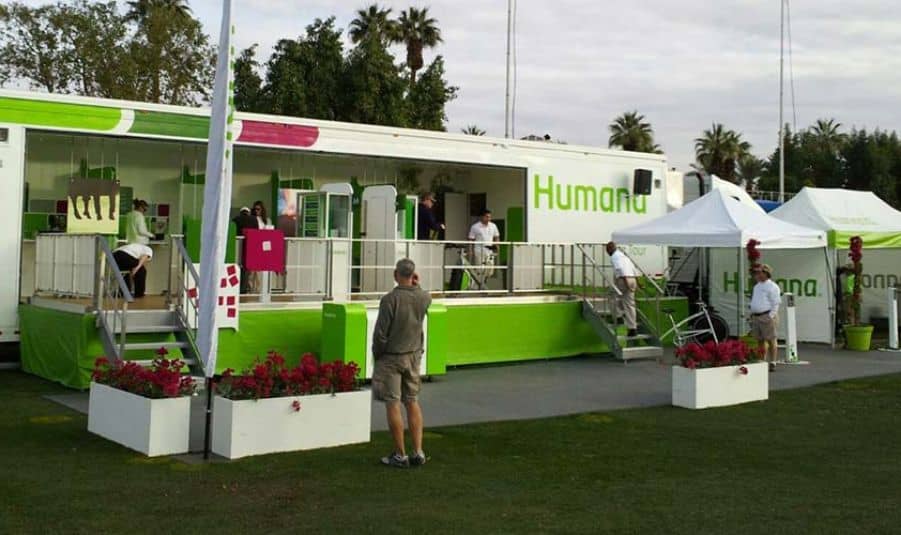Marketing is an important part of getting your products and services in front of the right people. For your brand, marketing can look like a few different methods, like event or experiential marketing. While the two strategies sound the same, event marketing differs from experiential marketing in a few ways. Understanding their differences will help you succeed in all your marketing efforts.
Event Marketing Is the Event Itself
The focuses of event marketing are promoting and driving attendance for trade shows, conferences, product launches, or other gatherings. The goals are to generate buzz and excitement around the event and attract as many attendees as possible. By crafting marketing campaigns and utilizing social media, event marketers can create anticipation leading up to the event. Marketers look at metrics such as attendance and sales made to gauge the success of the event.
Experiential Marketing Is an Immersive Experience
Experiential marketing, on the other hand, creates an interactive and engaging experience for consumers that allows them to connect with a brand. Experiences include but are not limited to the following:
- Pop-up shops
- Mobile tours
- Marketing vehicles
These experiences often incorporate interactive displays, product demonstrations, virtual reality, or even gamification to engage and captivate the audience. By designing experiences that provide value, experiential marketing can make good impressions on consumers.
Event Marketing Is Transactional
Event marketing often involves a one-time interaction with consumers at an event, where the focus is on driving immediate sales or conversions. The goal is to capture attention and convert attendees into customers. By offering exclusive discounts or incentives, event marketers can encourage on-the-spot purchases or sign-ups. Note that the transactional nature of event marketing may not always lead to long-term brand growth or customer loyalty.
Experiential Marketing Forges Long-Term Relationships
Experiential marketing takes a more personal approach and aims to build brand loyalty by creating memorable experiences. It’s about fostering a deeper connection between customers and your brand by establishing a relationship. Experiential marketers understand that building trust and loyalty takes time and continuous engagement. Through follow-up communications and ongoing customer support, companies can create loyal customers who grow the business’s reach through word-of-mouth recommendations.
Event marketing and experiential marketing are two unique strategies that help your business attract more customers. When you understand the differences between the two strategies, you can leverage both to achieve greater success for your business. Work with the professionals at CGS Premier to be sure that your experiential marketing goes smoothly. With our experiential marketing vehicles, you’ll forge connections that drive your growth and success!




